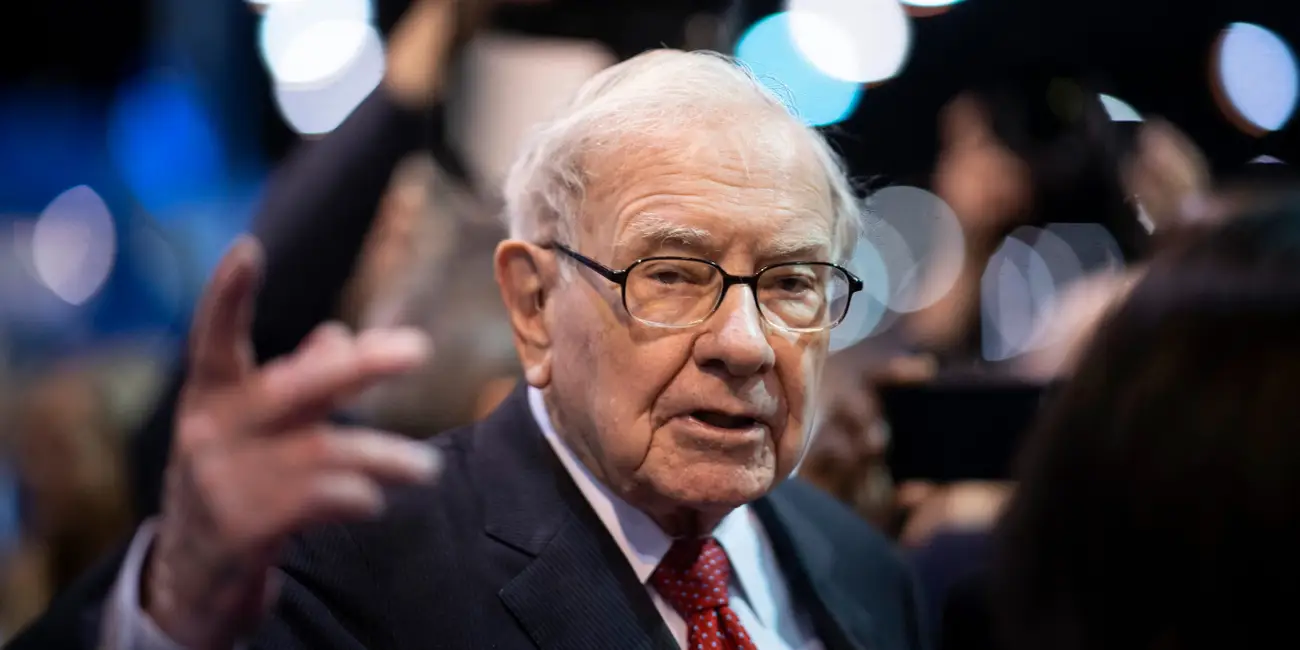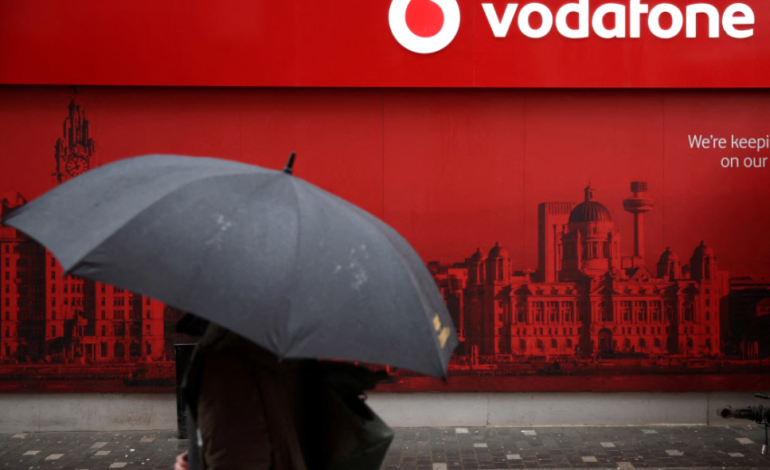Vodafone Group Plc reported a full-year pretax loss for its 2025 fiscal year and warned that global trade disruptions and currency fluctuations could affect its future earnings.
The company also announced a share buyback program of up to €500 million, signaling confidence in its long-term outlook despite ongoing challenges.
The British telecommunications provider posted a pretax loss of €1.48 billion for the year ending March 31, compared with a profit of £1.62 billion a year earlier. The loss was primarily due to €4.5 billion in non-cash impairment charges linked to its operations in Germany and Romania.
Revenue rose modestly to €37.45 billion from €36.72 billion, although it fell short of the company’s compiled consensus forecast of €37.71 billion. Strong service revenue growth helped offset adverse foreign exchange effects. Vodafone’s service revenue, a key performance metric in the telecom industry, rose 2.8% to €30.76 billion.
Adjusted earnings before interest, tax, depreciation, amortization, and lease expenses (EBITDAaL) declined slightly to €10.93 billion, just under expectations. The company attributed the drop to regulatory changes in Germany, its largest market, including a new television law, and intensified competition.
Despite these setbacks, Vodafone initiated plans for a share repurchase and maintained a dividend, albeit halved from the previous year to 4.5 European cents per share.
CEO Margherita Della Valle has been actively restructuring the company, recently selling Vodafone’s operations in Spain and Italy to focus more on core markets. However, Germany remains a challenge, with continued revenue pressure expected to ease in the coming year. Vodafone forecasts EBITDAaL for fiscal 2026 to range between €11 billion and €11.3 billion, in line with the previous year but slightly below Bloomberg estimates.
The announcement comes at a time when broader market concerns are mounting. Trade uncertainty and foreign exchange volatility have been cited as potential risks to Vodafone’s outlook. Currency shifts have already impacted revenue, and further global economic unpredictability could pose additional challenges.
Investors reacted cautiously, with Vodafone shares moving little following the results. Some analysts noted that while the company’s performance outside Germany—particularly in Africa and other European markets—was solid, sustained investor confidence may hinge on further clarity around its German recovery and broader macroeconomic trends.
Vodafone’s outlook also comes against a backdrop of mixed news in European markets. UBS shares dipped following reports of potential new capital requirements, while companies like Greggs and Swiss Life posted upbeat results. At the same time, European Central Bank officials pointed to a “historical opportunity” for the euro, which has gained strength amid US trade tensions.
($1 = €0.89)
With input from CNBC, the Wall Street Journal, and Bloomberg.










The latest news in your social feeds
Subscribe to our social media platforms to stay tuned